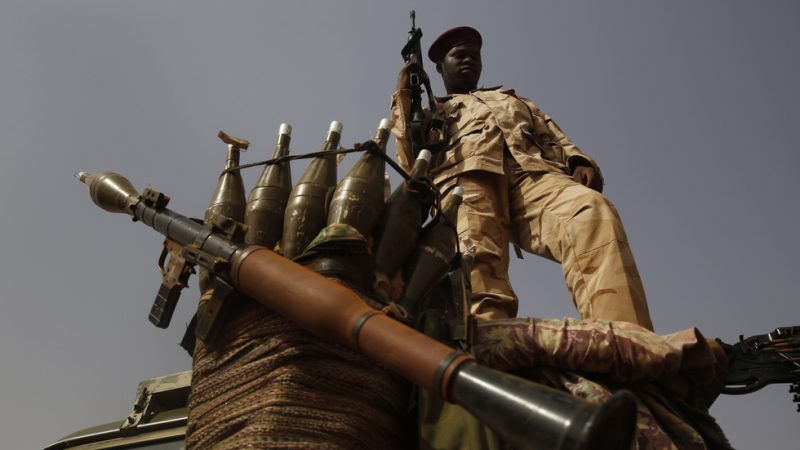
The ongoing civil war in Sudan has dealt another devastating blow to the nation’s already fragile infrastructure. The main water quality testing laboratory in Khartoum state has been destroyed by the paramilitary Rapid Support Forces (RSF), leaving the population facing even greater water insecurity. This critical facility, valued at approximately $1 million, was responsible for analyzing water samples from the Nile River and groundwater sources, serving both public and private entities. Its destruction represents a significant setback for the provision of safe drinking water in the region.
Mohamed Ali al-Ajab, director general of the Khartoum State Water Corporation, confirmed the destruction in an interview with the Sudan Tribune. He also highlighted the substantial loss of equipment, reporting that over 450 service vehicles, including cars, tankers, cranes, and excavators, have been lost during the conflict. Despite this, some efforts are being made to mitigate the damage; the International Committee of the Red Cross (ICRC) has already provided spare parts worth $77,000, with a further $223,000 shipment expected.
The impact extends beyond the laboratory’s immediate function. The conflict, which began in April 2023 between the RSF and Sudanese Armed Forces (SAF), has severely disrupted water services across Khartoum state. Only one water station remained operational throughout the initial stages of the fighting, with only six of twelve major plants now partially functioning. Even then, critical facilities like the Khartoum North (Bahri) plant, with a daily capacity of 300,000 cubic meters, are only partially operational due to extensive damage to electrical systems and the reported loss of significant infrastructure, including pumps thrown into the Nile River.
The human cost of this conflict is staggering. While estimates vary, research from the London School of Hygiene and Tropical Medicine suggests over 61,000 deaths in Khartoum state alone within the first fourteen months. Other reports place the death toll as high as 130,000. This destruction of the water laboratory further exacerbates the humanitarian crisis, impacting the health and well-being of millions already struggling to survive in the war-torn nation.
This incident follows other acts of destruction targeting Sudan’s cultural heritage. In March, the RSF looted all archaeological gold from the National Museum in Khartoum, a devastating loss to Sudanese history and cultural identity. The ongoing conflict continues to inflict irreparable damage on Sudan’s infrastructure and its people, highlighting the urgent need for a resolution to the crisis.










